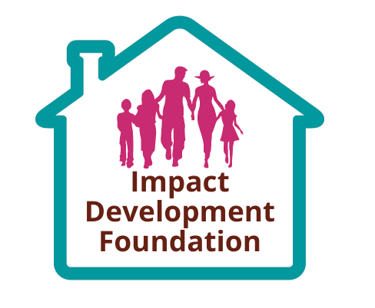
Counseling Services
What Kind of Therapy do I need?
At IMPACT we focus on two primary philosophical models of psychotherapy: psychodynamic and cognitive/behavioral.
Psychodynamic therapies focus on a patient’s unconscious process by having that person talk freely about his or her thoughts or feelings, and it aims to delve into past memories that might yield an understanding of present problems. Subtypes of dynamic therapy include psychoanalysis – a long-term therapy that patients can engage in multiple times a week – to short-term psychodynamic therapy, which has a 20-session protocol.
Cognitive/behavioral therapies, on the other hand, are based on understanding one’s thought process or behaviors in the present and identifying how dysfunctional patterns in these areas may contribute to a larger life problem. By gaining awareness of these thought patterns, patients can work with therapists to change them.Cognitive/behavioral therapies are more structured than psychodynamic therapies and tend to be shorter in duration, depending on the person’s needs. The cognitive side centers on how a person’s thoughts influence mood or actions, while the behavioral part focuses on his or her actions and learning strategies to modify problematic behaviors.
If you modify the content and illogical irregularities of the flawed thought patterns, and teach people to think about the events of their life in a more rational way, negative feelings such as depression and anxiety will decrease. Meanwhile, changing one’s behavior and adapting positive coping mechanisms can decrease destructive habits and lead to an improvement in overall well-being.
Experts say cognitive behavioral therapy is the most widely researched psychotherapy, and it's effective for people with anxiety, depression, eating disorders, mood disorders, bipolar disorder, phobias, and insomnia. Sessions are highly structured; patient and therapist work together as a team to identify and change faulty thoughts and actions, and patients are expected to complete homework assignments when they’re not in session keeping a thought record of negative thoughts, their context and what triggered them.
Another type of cognitive/behavioral treatment is dialectical behavioral therapy. Dialectical behavioral therapy was originally used to treat severely suicidal individuals, or those with borderline personality disorder – a serious psychological illness characterized by unstable moods, behavior, and relationships.
Dialectical behavioral therapy emphasizes self-acceptance and validation and teaches patients coping skills that help them control their emotions and tolerate stressful situations. It also emphasizes mindfulness or focusing on the present moment. Dialectical behavioral therapy is now used to treat a range of disorders characterized by emotional dysregulation, including eating disorders, substance abuse, and some types of depression. Treatment typically includes weekly therapy sessions and once-a-week skill-based group therapy sessions and lasts from six months to a year.
Interpersonal therapy is used to treat major or low-grade depression but doesn’t necessarily fall into any particular category. Instead, Binder says, it focuses on a patient’s relationships and looks for patterns across different interactions to identify maladaptive behaviors. The idea is not that you're focusing on what's going on inside your head although that's implicit but really what’s going on between you and other people that is causing problems. By improving the way you relate to others, you’ll help treat your depression. Dialectical behavioral therapy and cognitive behavioral therapy also incorporate interpersonal skills training.
Therapy sessions can be delivered in more than one way. While therapy is often one-on-one, therapists can meet with couples, groups, and families. Group therapy, for instance, makes sense if you want to be surrounded by like-minded, empathetic individuals experiencing similar struggles. It can also help patients understand how others view their actions or behaviors. It’s great for character issues – things we do that are maybe offensive to others, and we don’t even know it. Couples and family therapy can help facilitate communication between family systems that are dealing with disruptive problems, relationship issues or emotional barriers. Treatment can last for six months to a year, or longer.
Additionally, some psychologists practice in an eclectic style. This refers to therapists who apply a combination of therapeutic approaches with the recognition that a patient might need a more individualized, tailored type of treatment.
However, you should choose a therapist based first and foremost on how good he or she is – no matter which types of therapy they’re trained in. Therapy is essentially a particular kind of relationship between two people. One of them has certain knowledge and skills, but it boils down to how well the two people click and how good the therapist is in applying whatever techniques he or she has.
“The art of counseling is the art of assisting transformation.”


